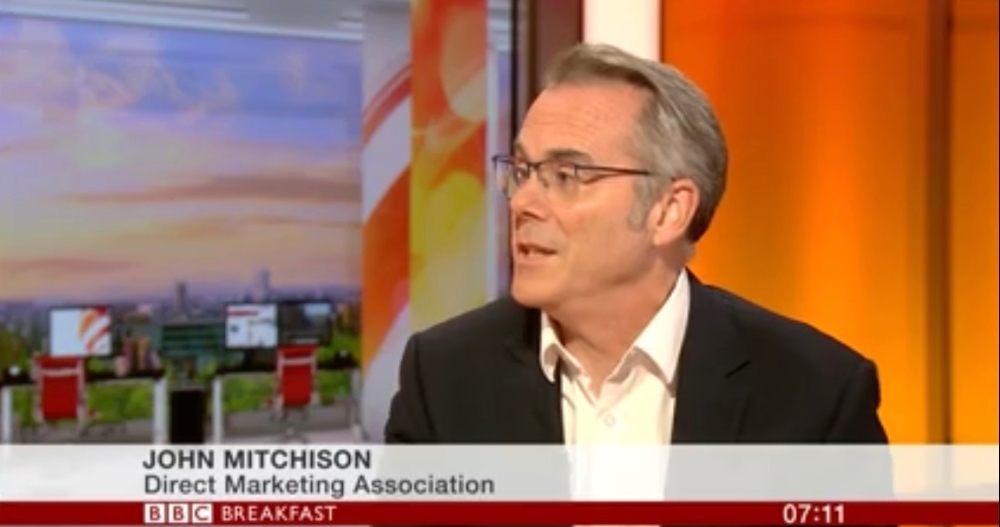The Government takes aim at accident claims cold calls
11 Sep 2018

MP’s will tell you that complaints relating to nuisance calls still fill their inbox and especially so in relation to accident claims cold calls.
New rules introduced by the Government make it illegal to make accident claims cold calls. Organisations must ask for someone’s consent before making the call and if companies break the rules they can be fined up to £500,000.
Explaining the changes, Minister for Digital Margot James, said:
“Today we are one step closer to ending the menace of nuisance calls. Our new laws mean people will now have to give consent to receive calls and have the power to choose where they seek compensation for personal injury claims or mis-sold payment protection insurance. This is a big boost for the Information Commissioner’s Office and will help them crack down on the cold call sharks.”
The DMA is supportive of the change as it is part of a raft of measures being introduced by the Government to reduce the problem of nuisance calls.
However, we must remember that there is no silver bullet for the problem of nuisance calls. Rogue companies that willing to break the law and make nuisance calls will likely persist in breaking the new opt-in requirement for accident claims calls.
Where the change will have a greater impact is with consumers. Awareness among consumers that any accident claims cold call is illegal will rise and this will hopefully lead to more people complaining about the companies involved to the Information Commissioner’s Office (ICO).
People will also know any accident claims cold call they receive is automatically illegal, allowing people to easily recognise rogue companies.
The new opt-in requirement is welcome but, ultimately, it will have a limited impact as rogues can still choose to break the law.
However, this change is not happening in isolation. The Department for Digital, Culture, Media and Sport (DCMS) recently announced that it would hold directors of rogue companies that make nuisance calls personally liable so the ICO could fine them up to £500,000.
Speaking on BBC Breakfast, director of policy and compliance at the DMA, said:
“One of DCMS’s other measures to tackle nuisance calls is to make directors personally liable and by making them liable the ICO can go after those individuals responsible for making nuisance calls and fine them £500,000 exerting a powerful deterrent effect.”
Taken together these changes should alleviate the problem of nuisance calls but more work remains to be done.